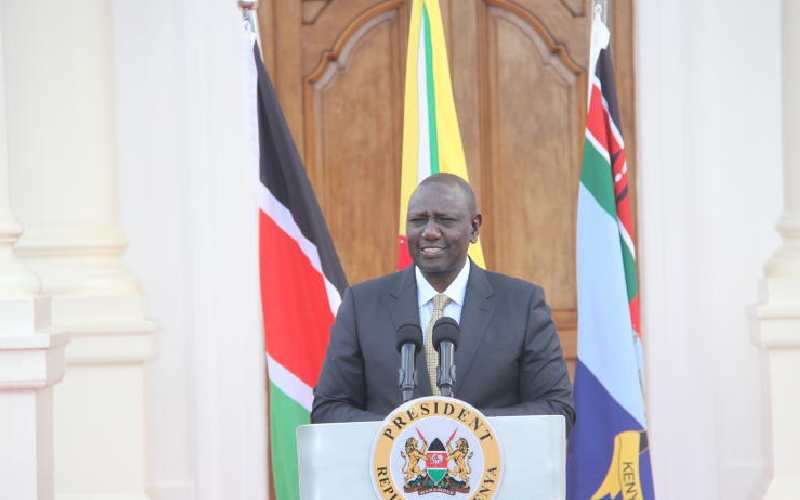×
The Standard e-Paper
Home To Bold Columnists

President William Ruto. [Edward Kiplimo, Standard]
In exactly 21 days after William Samoei Ruto was declared president-elect, the Brits got Liz Truss as their Prime Minister on September. And 45 days later, the Truss era was over. Rishi Sunak with Kenyan origins is the new Prime Minister of Britain.